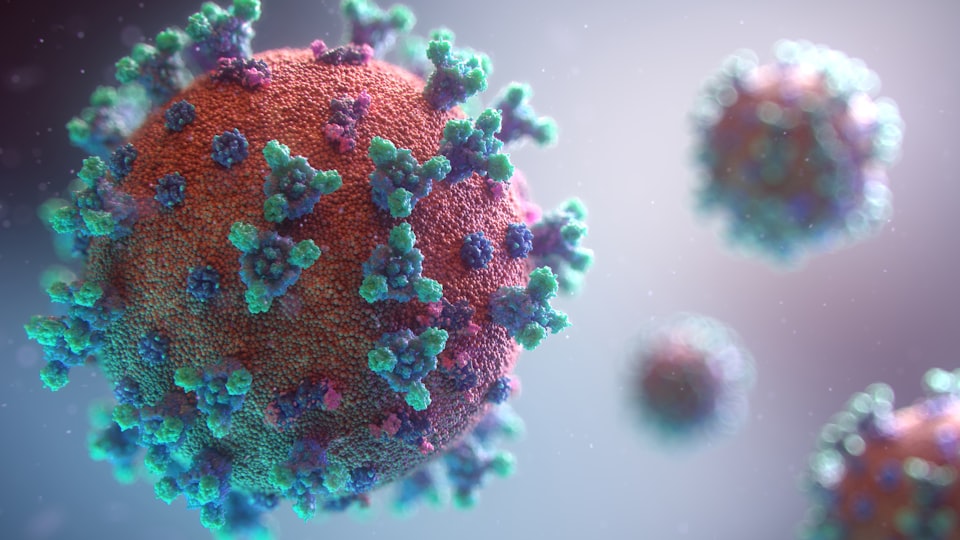When Does Disease Become The Norm?

A symptom is a physical or mental trait that indicates a condition of some disease. The symptom is often undesirable for the patient, or at least abnormal. And disease is when we fall out of balance with the natural order, and are experiencing disorder in our ability to function.

But what if the symptom — which indicates disease — becomes socially acceptable or even desirable (due to popularity, media, influencers, etc.)? At what point are we no longer willing to correct course?
Let’s look at some hypothetical scenarios:
- A person suddenly becomes much more drawn to earth-based spirituality. They stop eating meat, switch to a plant-based diet, start doing yoga every single day, and proclaim that we must “save the earth” from ourselves.
- A person is willing to accept any dangerous treatment from a medical professional, not because they understand the risks, but because the authority told them to take it.
- A person starts having sex, drinking, and doing drugs with abandon.
- A person grows increasingly distrustful of establishments. They believe everyone is a victim, and that we should compromise individual liberties in favor of the group’s safety. They have a cynical view of humanity and see corruption everywhere.
Depending on which culture or social groups you operate in, these might be completely normal.
But aren’t they often indications of an underlying disease? How we’ve fallen out of balance with our natural order?
The spiritual example is particularly interesting to me, because while spirituality tends to be very positive for individuals, there are the trappings, lifestyles, cliques, and socially-enforced behaviors that come with it. And those can actually deepen one’s disease, or create a new one altogether.
There is a danger here, of course, which is to start treating every thought, word, and behavior as if it’s a symptom of a disease. But it’s also worth reflecting on what the majority of people are doing. Are these behaviors normal? Are they healthy?
Or are these “normal traits” merely symptoms, indicating how we have fallen out of balance with the natural order?





Member discussion